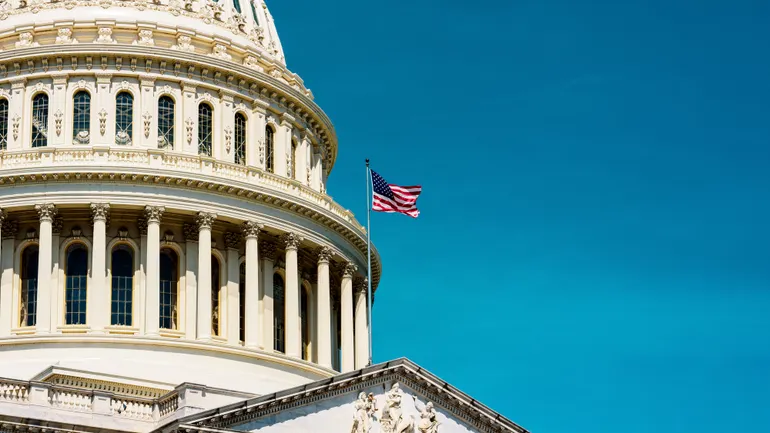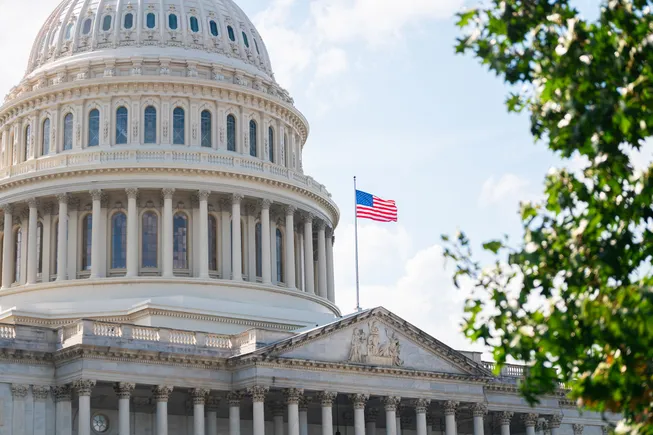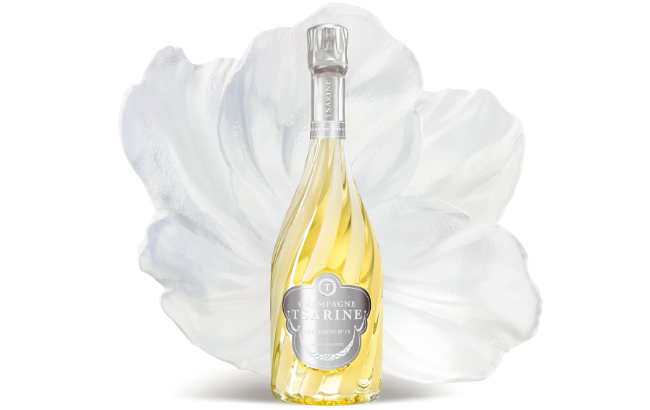Alcohol brands under fire for irresponsible social media ads
The UK’s Advertising Standards Authority has reprimanded three major drinks companies for breaching alcohol advertising codes on social media. Each ruling highlights the growing tension between digital marketing strategies and the ethical boundaries of responsible alcohol promotion. The post Alcohol brands under fire for irresponsible social media ads appeared first on The Drinks Business.

 It was a short, sharp post — “SEND IT” — and an image of a man dramatically pouring an 8.4% ABV can of FourLoko into his open mouth from above. But this brief moment on Instagram has become the latest cautionary tale in alcohol advertising.
In a ruling published yesterday (21 May 2025), the Advertising Standards Authority (ASA) upheld a complaint against Phusion Projects LLC, trading as FourLoko, for promoting irresponsible drinking. The ASA found the post breached CAP Code rule 18.1, which demands that alcohol marketing be socially responsible and not encourage unwise drinking styles.
While the brewer argued that the drink was packaged to remain under four units of alcohol, specifically, 3.7 units, in line with Portman Group guidance, and that the post reflected the “live music events” context of its brand, the ASA was not convinced.
According to the regulator, “the image showed a drinking style that would allow a large amount of alcohol to be consumed quickly, and in an uncontrolled and irresponsible manner.” The accompanying text, particularly the phrase “SEND IT” paired with three rocket symbols, was interpreted as urging rapid consumption, further reinforcing the unsafe drinking message.
The ASA concluded that the ad “portrayed and encouraged a style of drinking that was unwise” and instructed FourLoko that future marketing must not “contain anything that was likely to lead people to adopt styles of drinking that were unwise.” The matter was referred to the Compliance team for monitoring.
It was a short, sharp post — “SEND IT” — and an image of a man dramatically pouring an 8.4% ABV can of FourLoko into his open mouth from above. But this brief moment on Instagram has become the latest cautionary tale in alcohol advertising.
In a ruling published yesterday (21 May 2025), the Advertising Standards Authority (ASA) upheld a complaint against Phusion Projects LLC, trading as FourLoko, for promoting irresponsible drinking. The ASA found the post breached CAP Code rule 18.1, which demands that alcohol marketing be socially responsible and not encourage unwise drinking styles.
While the brewer argued that the drink was packaged to remain under four units of alcohol, specifically, 3.7 units, in line with Portman Group guidance, and that the post reflected the “live music events” context of its brand, the ASA was not convinced.
According to the regulator, “the image showed a drinking style that would allow a large amount of alcohol to be consumed quickly, and in an uncontrolled and irresponsible manner.” The accompanying text, particularly the phrase “SEND IT” paired with three rocket symbols, was interpreted as urging rapid consumption, further reinforcing the unsafe drinking message.
The ASA concluded that the ad “portrayed and encouraged a style of drinking that was unwise” and instructed FourLoko that future marketing must not “contain anything that was likely to lead people to adopt styles of drinking that were unwise.” The matter was referred to the Compliance team for monitoring.













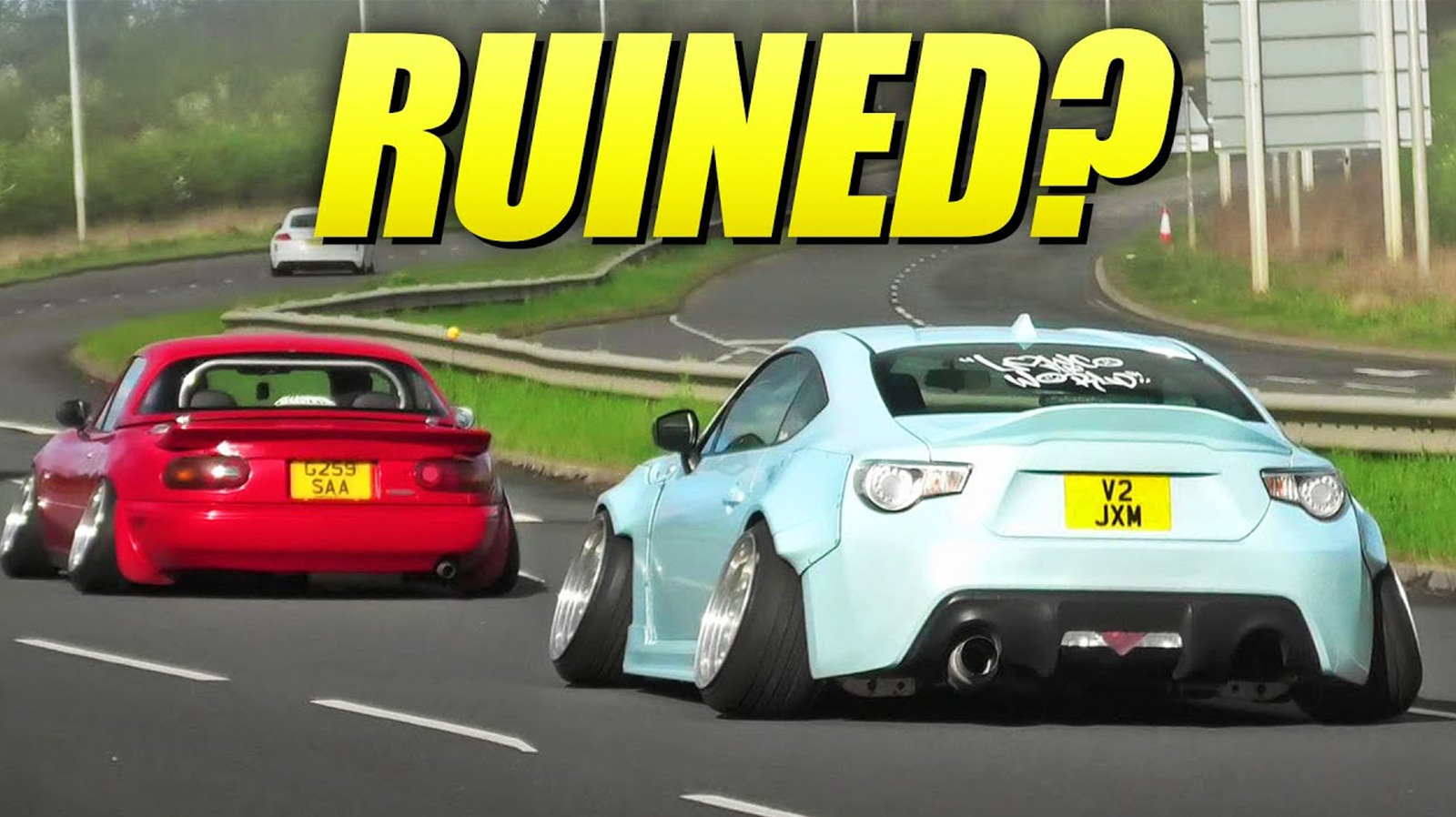






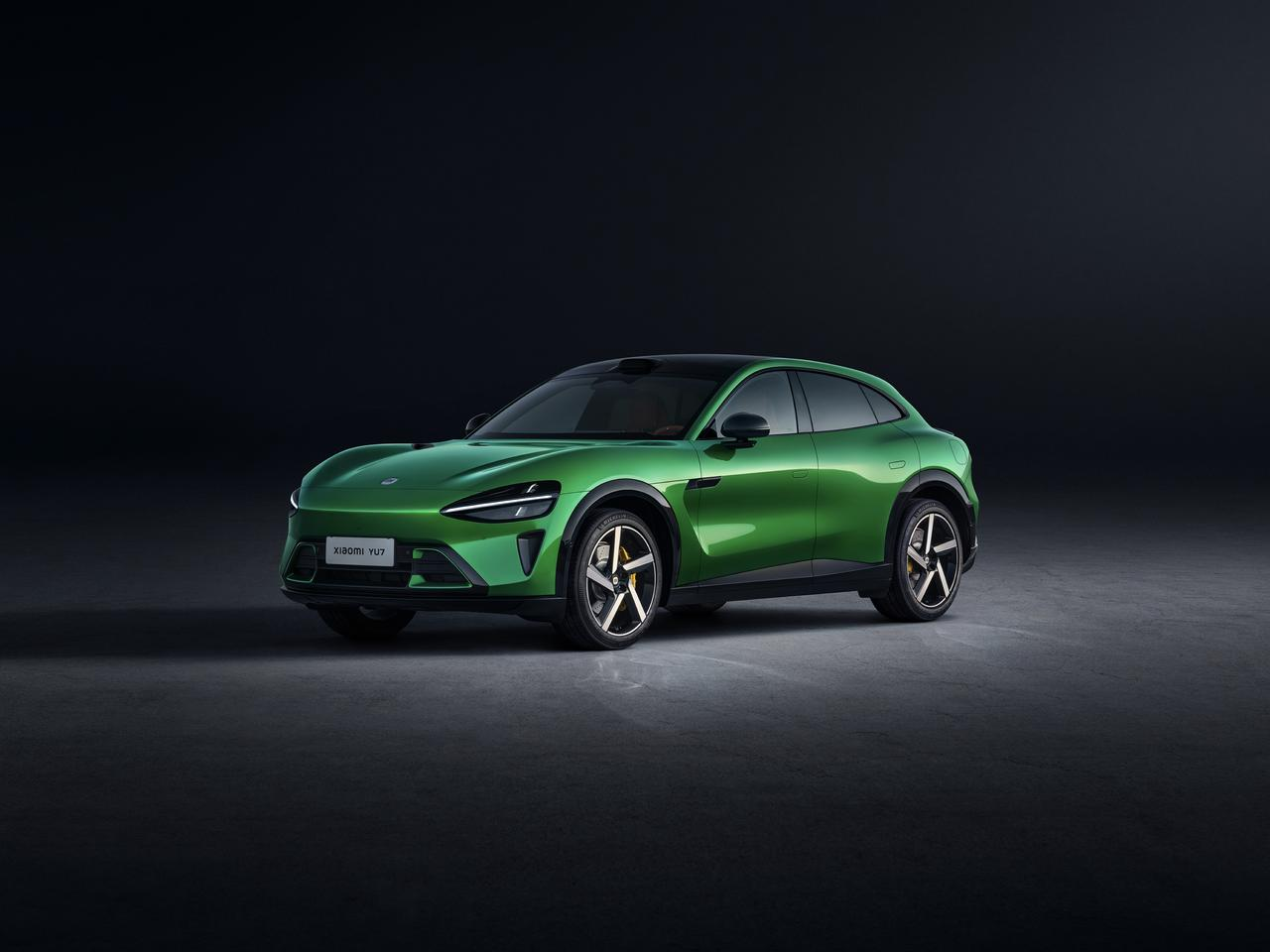


























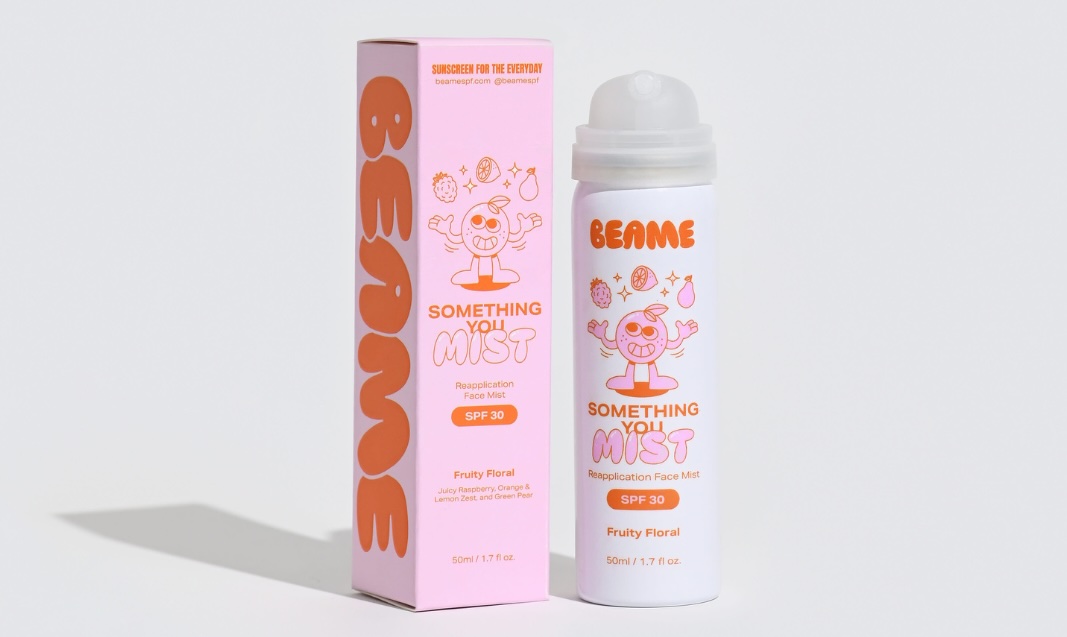
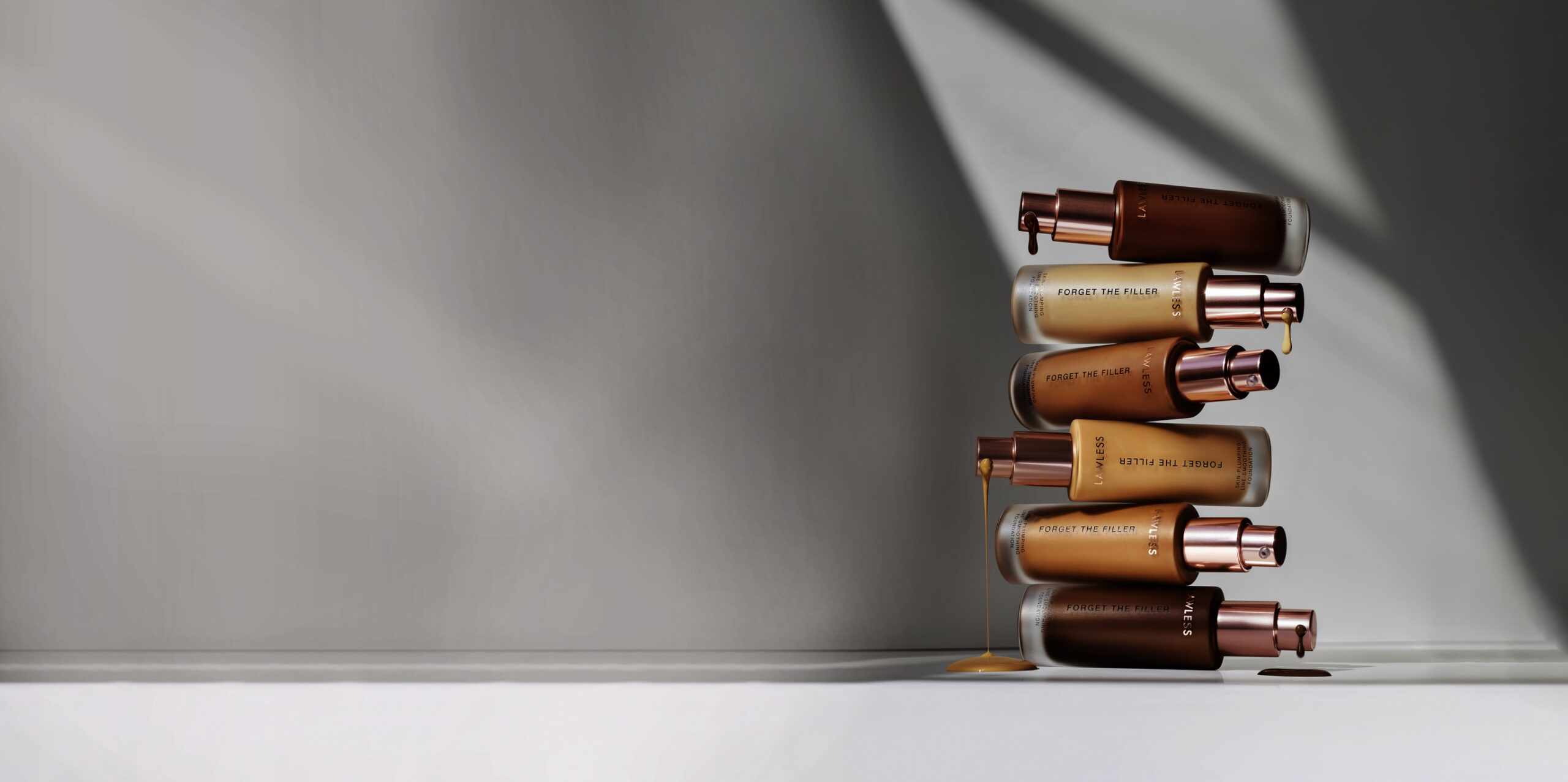











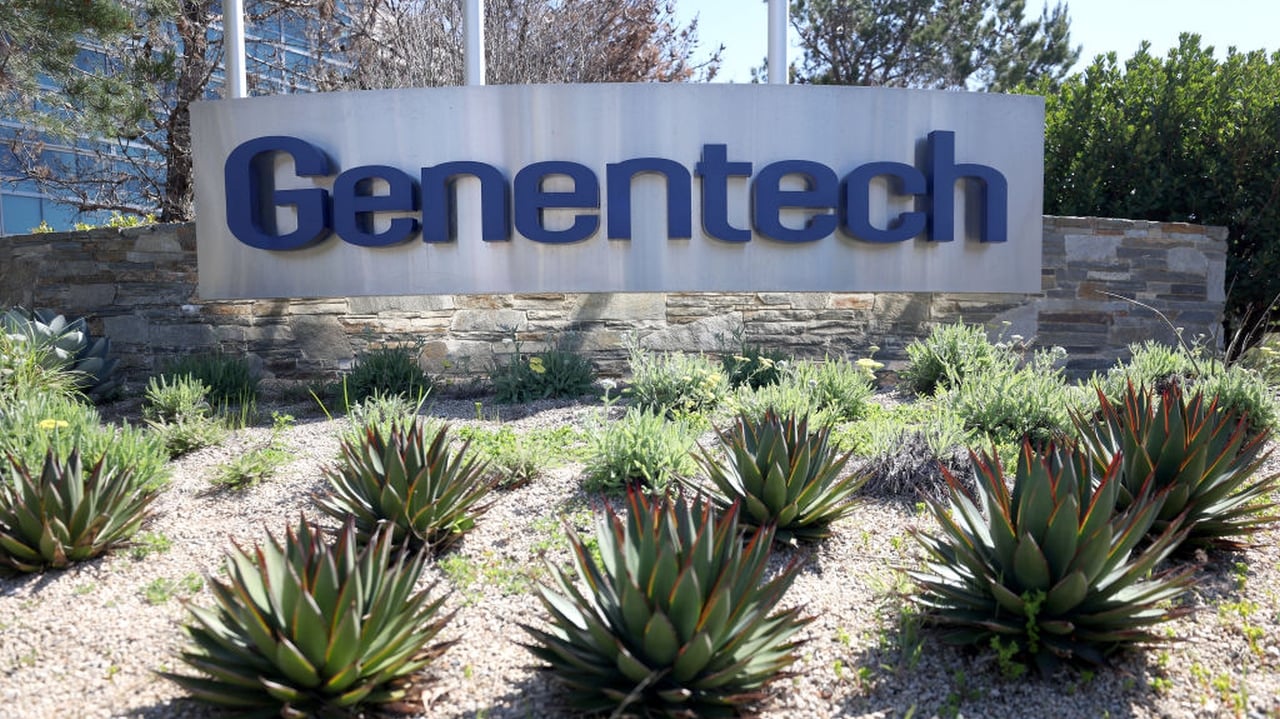


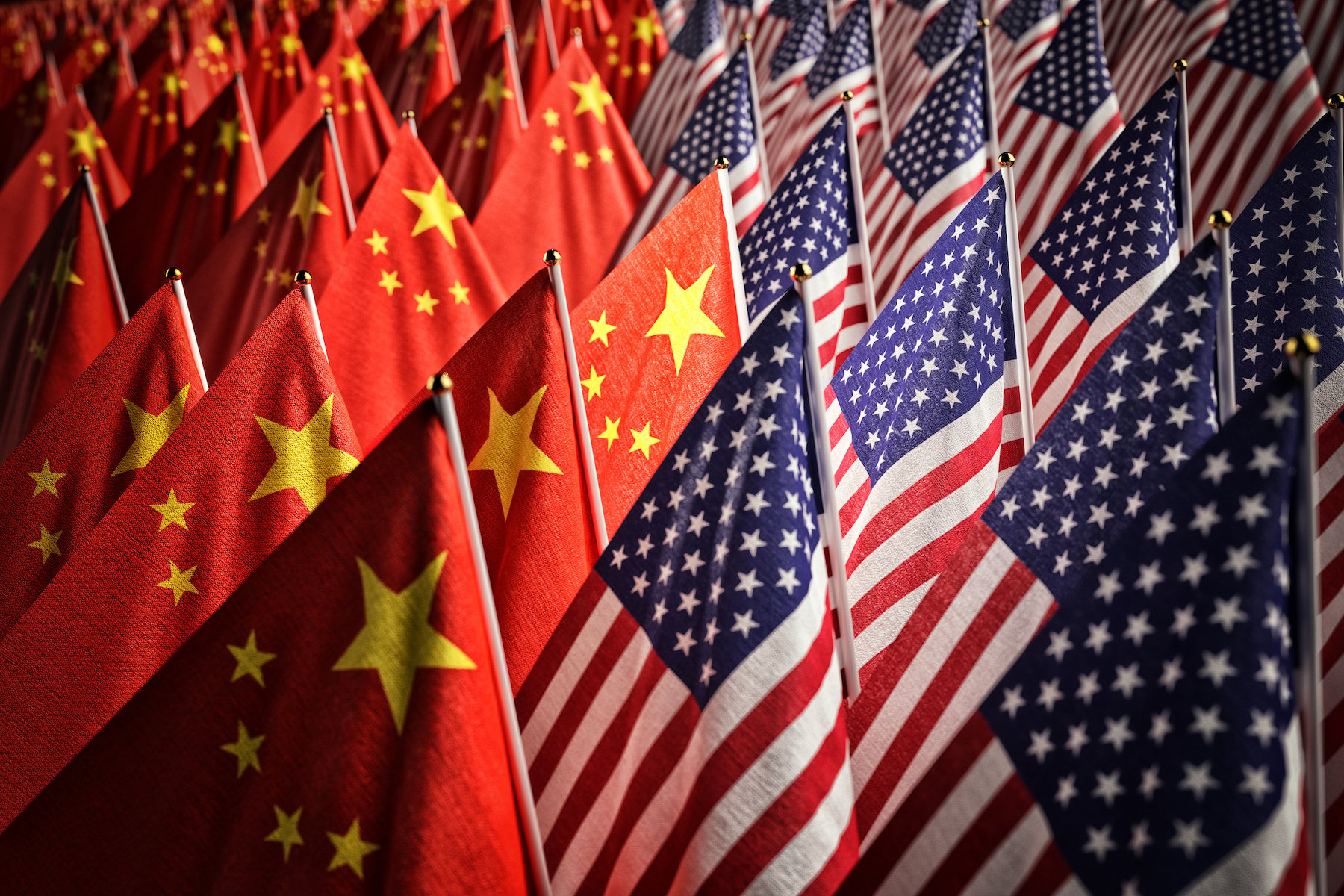
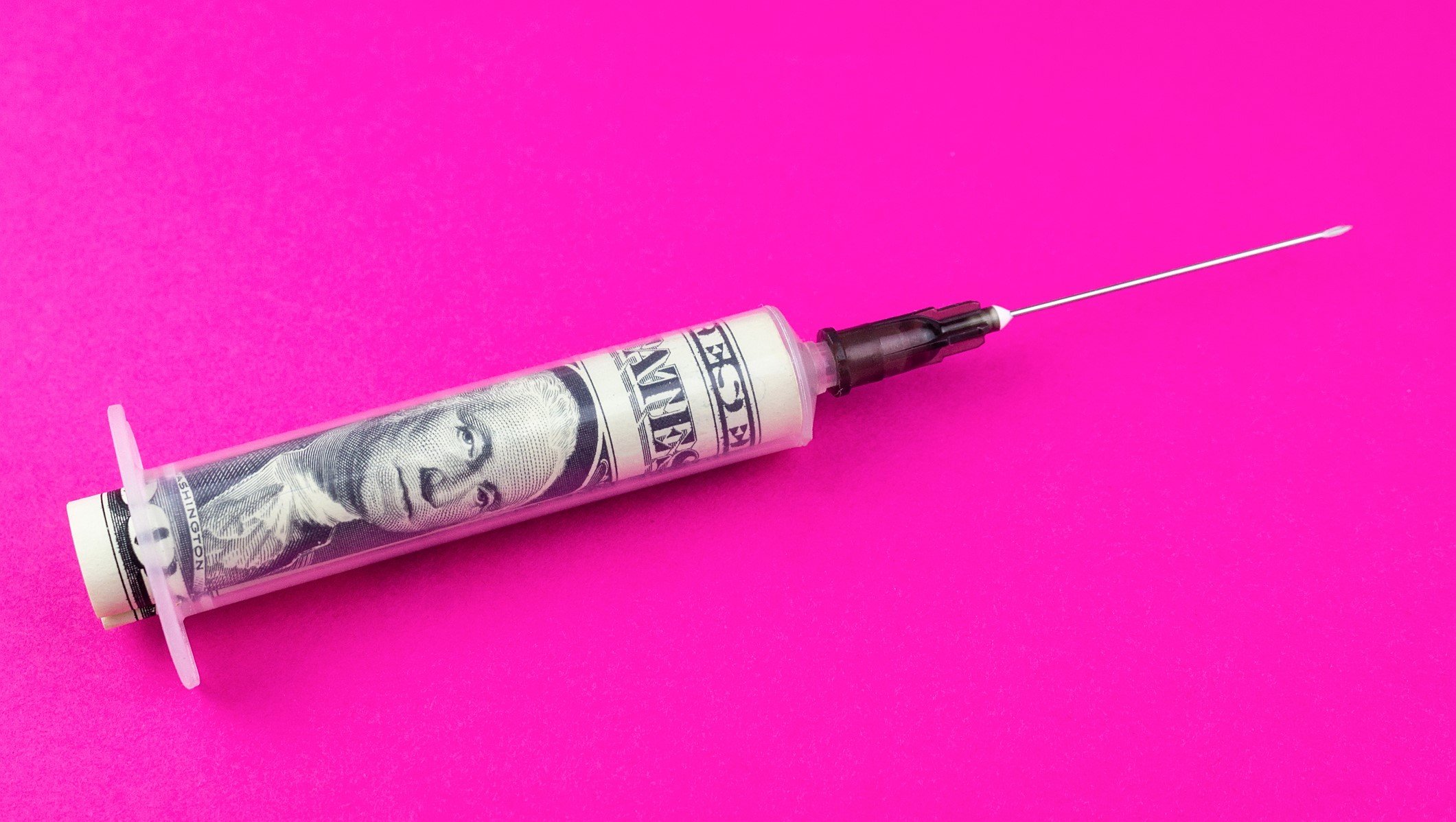























![The F-35’s future: The power and cooling competition that could change everything [Video]](https://breakingdefense.com/wp-content/uploads/sites/3/2024/09/240924_F35_moon_USAF-scaled-e1727200160419.jpg?#)

















































